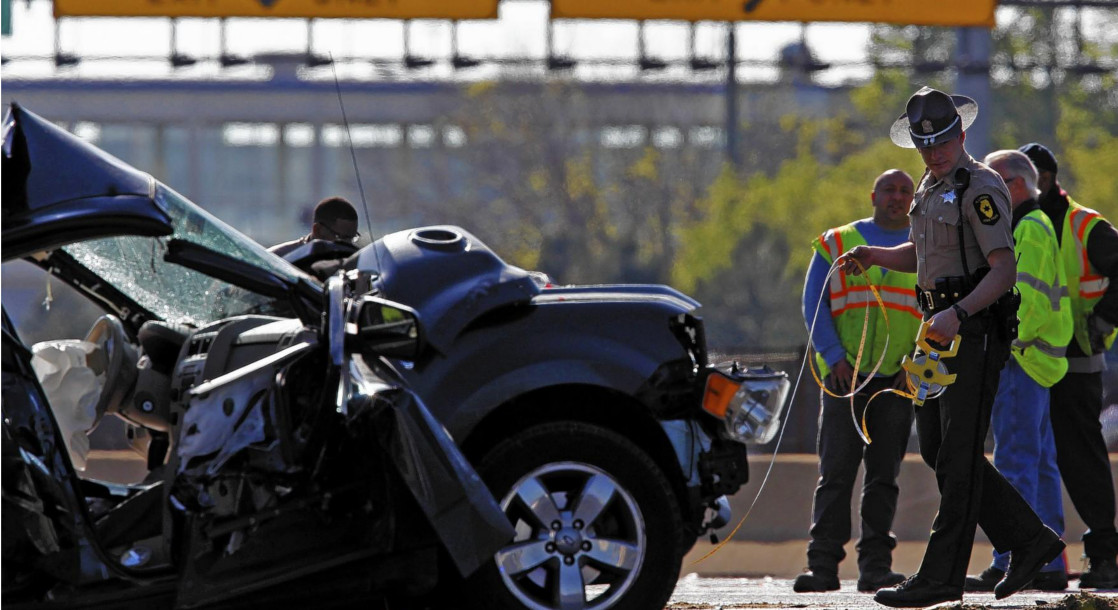With cannabis now recreationally or medically legalized in over half of US states, law enforcement and policymakers have been searching for methods to test those potentially driving under the influence of marijuana. While the use of marijuana breathalyzers has been said to lack scientific merit, many anti-cannabis advocates have still admitted that marijuana could cause an uptick in traffic fatalities and accidents.
However, a recent study from Columbia University’s Mailman School of Public Health shows that cannabis actually has the opposite effect on the number of traffic-related deaths. According to the study, recently published in the American Journal of Public Health, the states that passed medical marijuana laws have actually seen an 11 percent reduction in traffic fatalities since those laws went into effect. Additionally, these states have seen 26 percent lower rates of traffic fatalities compared to states where cannabis remains illegal.
The most interesting finding in the study was that cannabis legalization caused a major decrease of traffic fatalities involving younger adults, a group usually more prone to alcohol-related accidents or deaths. The researchers discovered an 11 percent decrease for those aged 15 to 24, and 12 percent for those 25 to 44.
Not all states with medical marijuana laws have seen a decrease in traffic fatalities, including California and New Mexico. Of course, this study is not at all underplaying the risks of driving under the influence of cannabis, but instead seems to show that marijuana use might deter younger people from driving under the influence of alcohol.
“It is also possible that states with medical marijuana laws and lower traffic fatality rates may be related to lower levels of alcohol-impaired driving behavior in these states,” said Silvia Martins, associate professor at the Mailman School and senior author of the study. “We found evidence that states with the marijuana laws in place compared with those which did not, reported, on average, lower rates of drivers endorsing driving after having too many drinks.”
The research group believes that their recent study shows a clear link between medical cannabis laws and reduced traffic fatalities. They will likely conduct a similar analysis on the links between cannabis legalization and non-fatal accidents.
These findings in no way condone driving while high in any way, shape, or form. But what they do show is that the legalizing cannabis could play an important role in reducing alcohol-related deaths at the wheel, which remain an epidemic across the country.











